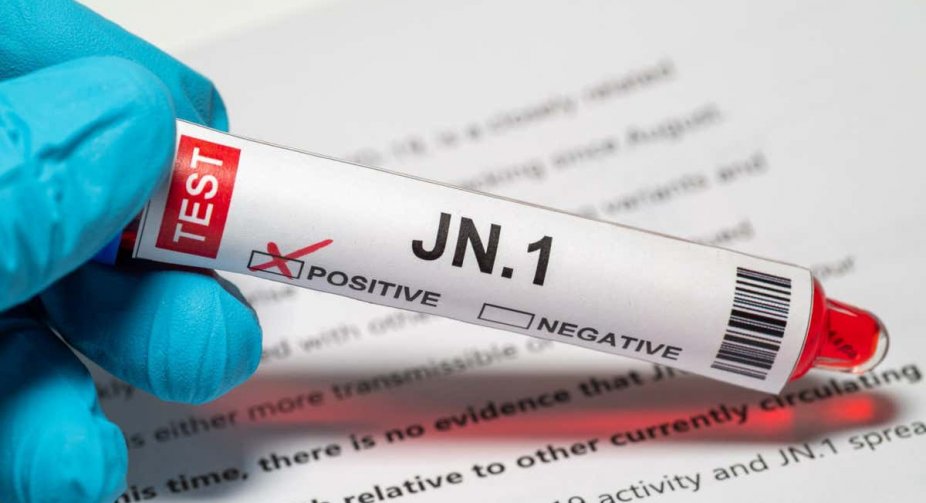In January 2024, 9 cases of a new sub-variant of the omicron coronavirus strain, JN.1, called "Jenny," were detected in Ukraine. This was reported by the Ministry of Health.
Three cases of the virus were detected in Sumy region, two in Volyn and Cherkasy regions, and one in Rivne and Zaporizhzhia regions.
According to Chief State Sanitary Doctor Ihor Kuzin, the SARS-CoV-2 virus constantly mutates and evades the immune response, meaning that it attacks weakened immune systems faster, so even those who have been vaccinated before can get sick. However, the acquired immunity after vaccination reduces the risk of complications during the disease.
"Therefore, people who have not completed the COVID-19 vaccination course and those at risk of severe disease should consult their family doctor and get vaccinated," Kuzin said.
Among those who fell ill in Ukraine, only one out of nine people had two COVID-19 vaccinations. According to the clinical symptoms, doctors recorded a moderate or mild course of the disease, only one person was hospitalized. The patients are aged 27-73 years.
This sub-variant was first detected in the United States in September 2023, followed by other countries, including India, China, and the United Kingdom. The WHO has classified it as a sub-variant of "emerging concern" due to "its rapid spread." According to the US Centers for Disease Control and Prevention (CDC), as of January 5, 2024, JN.1 accounted for approximately 62% of all circulating SARS-CoV-2 variants.
In particular, regarding JN.1, the WHO notes that the risk to the population is low, and the COVID-19 vaccines used worldwide protect against the new subvariant.






